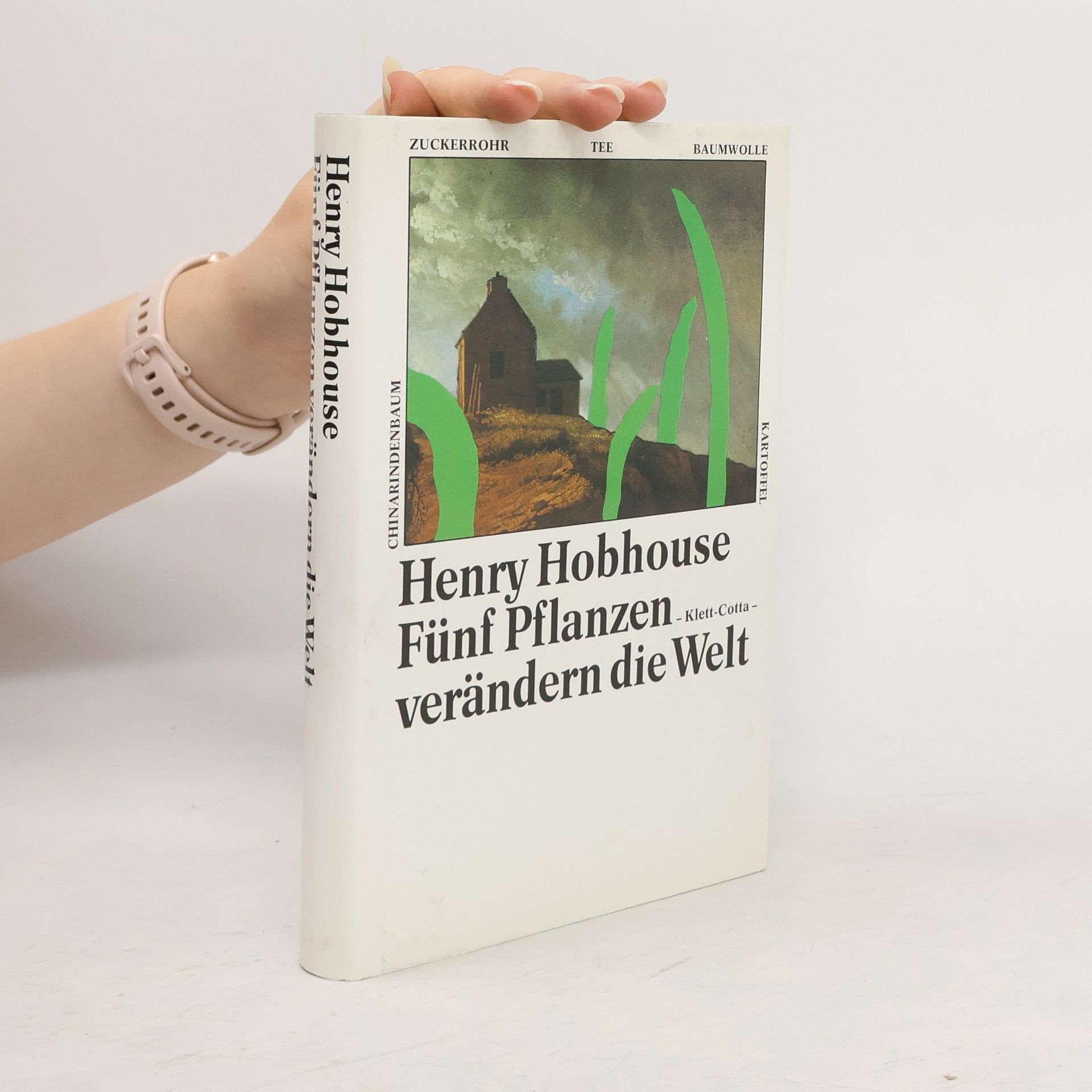Seeds of Change: Six Plants That Transformed Mankind
- 400pages
- 14 heures de lecture
Exploring the profound impact of five key plants—quinine, sugar, tea, cotton, and the potato—this book offers a captivating narrative that highlights their roles in shaping historical events. Drawing inspiration from the styles of Barbara Tuchman and Paul Johnson, it presents a compelling account that intertwines agriculture with global history, illustrating how these plants influenced economies, cultures, and societies. Enhanced with illustrations, the book provides an engaging and informative perspective on the interconnectedness of nature and human development.


